US rebuffs Iraq's call to withdraw troops from Arab country
The United States has rejected Iraq’s call to pull American forces out of the Arab country, claiming that their presence was "appropriate."
In a telephone conversation late Thursday, Iraqi caretaker Prime Minister Adil Abdul-Mahdi asked US Secretary of State Mike Pompeo to "send delegates to put in place the tools to carry out the parliament's decision."
Last week, Iraq’s parliament approved a resolution that called for the expulsion of all foreign forces from Iraq.
However, the State Department said in a statement on Friday that Washington would not hold discussions with Baghdad regarding US troop withdrawal.
“At this time, any delegation sent to Iraq would be dedicated to discussing how to best recommit to our strategic partnership — not to discuss troop withdrawal, but our right, appropriate force posture in the Middle East,” State Department spokesperson Morgan Ortagus said.
“There does, however, need to be a conversation between the US and Iraqi governments not just regarding security, but about our financial, economic, and diplomatic partnership," she added.
Separately on Friday, Pompeo indicated that American troops would remain in Iraq.
Speaking at the White House, he said a NATO team was at the State Department working on a plan “to get burden-sharing right in the region, as well, so that we can continue the important missions to protect and defend, and keep the American people safe” while reducing costs and burdens borne by the US.
On January 5, the Iraqi parliament voted to obligate the Iraqi government "to work towards ending the presence of all foreign troops on Iraqi soil."
The vote came two days after the US military - acting on US President Donald Trump’s order launched a drone strike on top Iranian General Qassem Soleimani upon his arrival in the Iraqi capital at the invitation of the Baghdad government.
The attack also claimed the lives of senior Iraqi commander Abu Mahdi al-Muhandis and a number of their companions.
Iran subsequently conducted retaliatory missile strikes on two American bases in Iraq.
In his phone call with Pompeo, the Iraqi premier said, "American forces had entered Iraq and drones are flying in its airspace without permission from Iraqi authorities, and this was a violation of the bilateral agreements."
The US, backed by the UK, invaded Iraq in 2003 under the pretext that the former regime of Saddam Hussein possessed weapons of mass destruction. No such weapons, however, were ever found in the country.
The invasion plunged Iraq into chaos and led to the rise of terrorist groups across the region.
The US and a coalition of its allies further launched a military campaign against purported Daesh targets in Iraq in 2014, but their operations in many instances have led to civilian deaths.
Ansarullah mourns Leader's martyrdom as 'great loss' caused by 'most wretched terrorists'
Hezbollah offers condolences to Iranian nation over Leader’s martyrdom
US-Israeli strike targets IRIB facility; broadcasts continue
IRGC: Latest waves of Op. True Promise 4 led to tanker strikes, base shutdowns, heavy casualties
CENTCOM confirms US troops killed in Iran’s retaliatory strikes
China ‘strongly condemns’ US-Israeli assassination of Iran’s Leader
Iran sees no limits in defending itself after Leader's ‘dangerous’ assassination: FM
IRGC strikes USS Abraham Lincoln aircraft carrier with volley of ballistic missiles




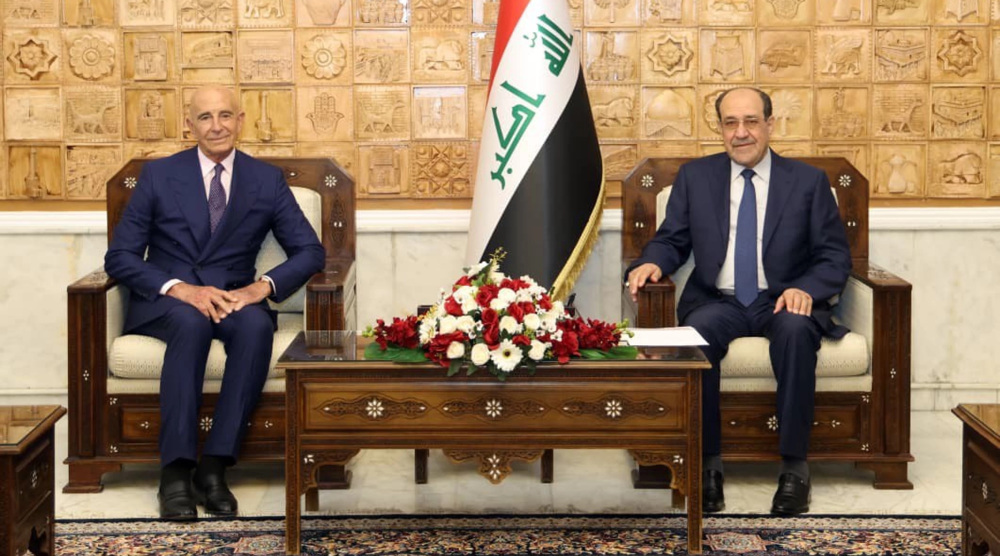
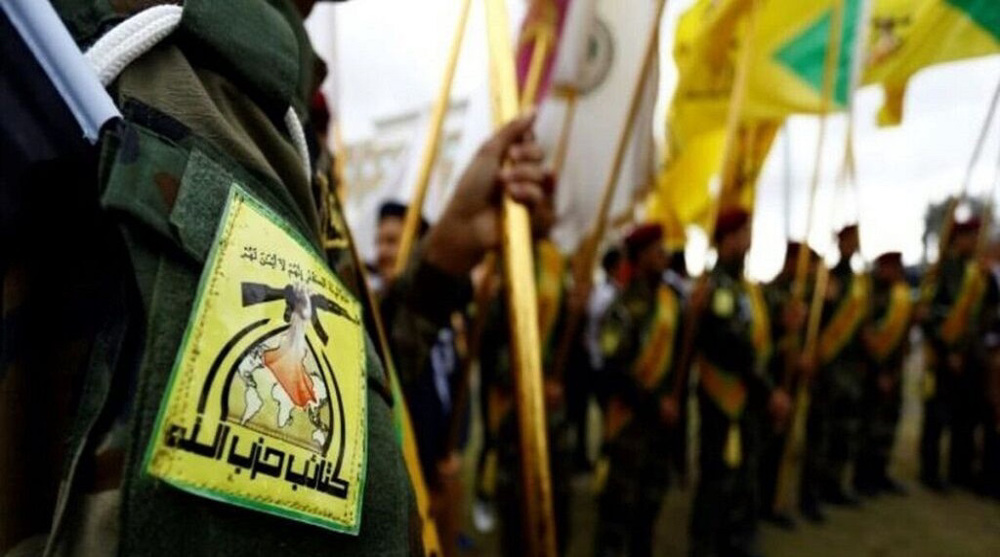
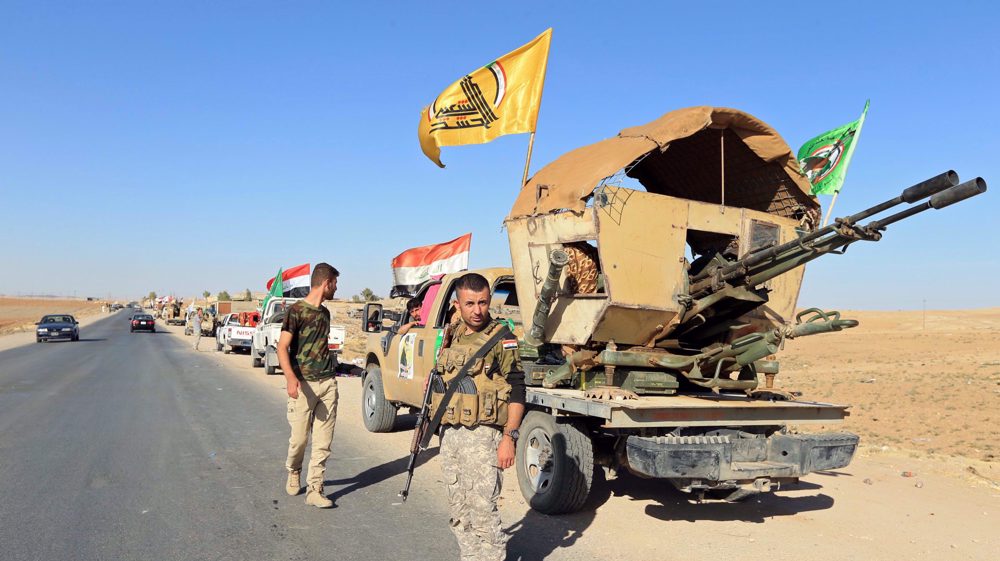



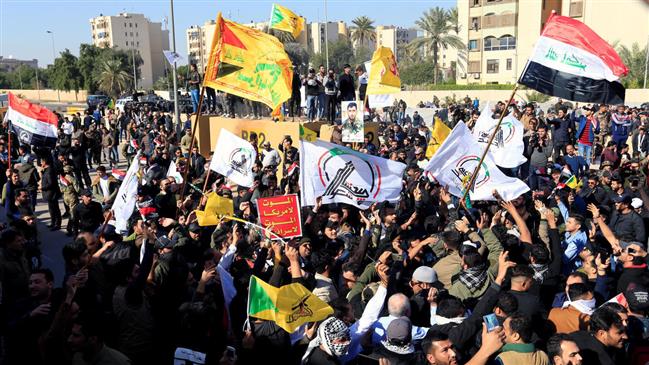
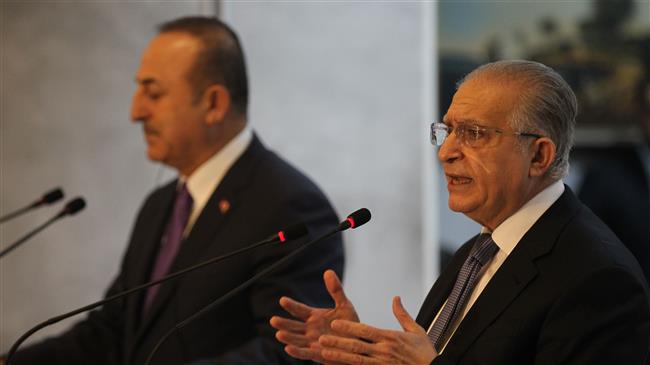
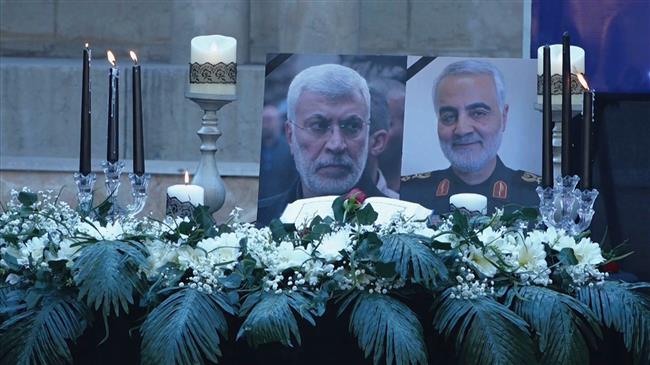
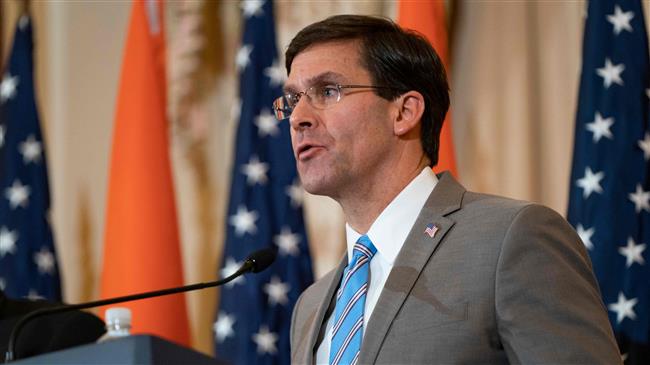
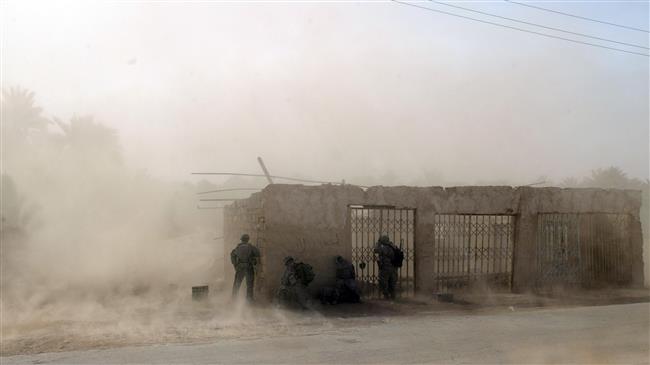

 This makes it easy to access the Press TV website
This makes it easy to access the Press TV website